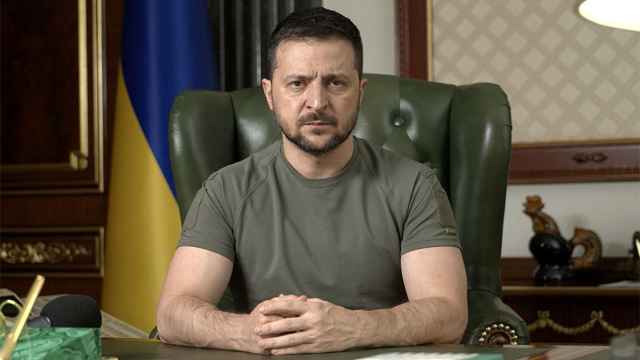Journalism is a dangerous profession. Journalists have a high mortality rate — and not just because of torture chambers in repressive regimes, contract killings, or work in dangerous war zones.
A 50-year-old colleague and war correspondent told me recently: “I am the only one left alive of the six young men I worked with to cover wars and conflicts in the former Soviet Union. All the others drank themselves to death.” Irish journalist Patrick Cockburn, who covered wars in Northern Ireland, Iraq, Chechnya and Afghanistan, has made a similar observation.
Drinking in the newsroom is a sacred ritual in our profession. When old colleagues who work across the globe reunite, the warmest memories they have are of festive occasions with lots of food and drink. At Izvestia, where I worked six years ago, the editor-in-chief did not allow any drinking at work until the newspaper was finished and put to bed. Violators were supposed to be fired on the spot. But he was no more able to enforce his own order than Prime Minister Vladimir Putin can prohibit oligarchs from swindling. In a room on the fourth floor, where the arts section was located, there was a table with food and drink that seemed to be available at all times of the day. You could always go there and down a shot or two.
A few days ago, I felt nostalgic and made a visit to Izvestia, which is moving to a new building with a new staff. In the surreal emptiness of the hallways, I could hear the familiar clinking of glasses from that same room. Young journalists from the web desk were celebrating their resignations.
What is the real danger of bloggers and virtual journalism? In most cases, interactions are done solely online.
“How do you drink together with your colleagues?” I once asked a Slon.ru journalist.
“We sit down in front of our computers, turn on our Skype cameras, and we clink glasses with the computer monitors,” she replied.
My favorite weekly magazine, Russian Reporter, recently dedicated almost two full pages to a new service: drinking through the medium of video chatting. Hundreds of acquaintances and strangers from all corners of the world get together at an appointed time in front of their computer monitors and make toasts. A drinking party where a correspondent of Russian Reporter participated went under the name “Summer. Hurray!”
I also learned that the journalist community is actively discussing the idea — initiated by RIA-Novosti deputy editor-in-chief Natalya Loseva — of creating a network of virtual bars and restaurants. With the help of modern-day technology, identical virtual interiors are created so that people who are drinking hundreds or thousands of kilometers away have a feeling that they are sitting in the same room and at the same table.
Loseva told me that journalists are not the target audience. Rather, it is intended more for businesspeople interested in upgrading video conference calls.
But the mere fact that journalists invent, popularize and practice eating and drinking over the Internet serves as the best answer to those who say professional journalism is dying. While we continue to have brave men and women who are ready to subject themselves to the unavoidable dangers that go along with seeking truth, our profession and work will continue to live.
Alexei Pankin is editor of WAN-IFRA-GIPP Magazine for publishing business professionals.
A Message from The Moscow Times:
Dear readers,
We are facing unprecedented challenges. Russia's Prosecutor General's Office has designated The Moscow Times as an "undesirable" organization, criminalizing our work and putting our staff at risk of prosecution. This follows our earlier unjust labeling as a "foreign agent."
These actions are direct attempts to silence independent journalism in Russia. The authorities claim our work "discredits the decisions of the Russian leadership." We see things differently: we strive to provide accurate, unbiased reporting on Russia.
We, the journalists of The Moscow Times, refuse to be silenced. But to continue our work, we need your help.
Your support, no matter how small, makes a world of difference. If you can, please support us monthly starting from just $2. It's quick to set up, and every contribution makes a significant impact.
By supporting The Moscow Times, you're defending open, independent journalism in the face of repression. Thank you for standing with us.
Remind me later.





